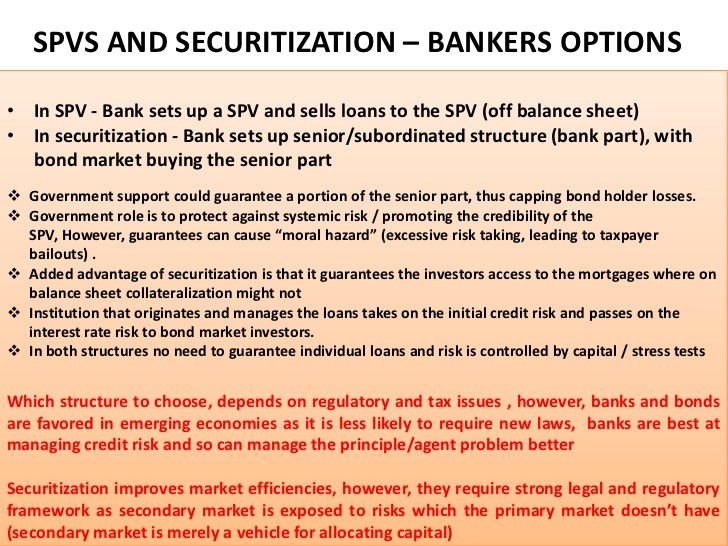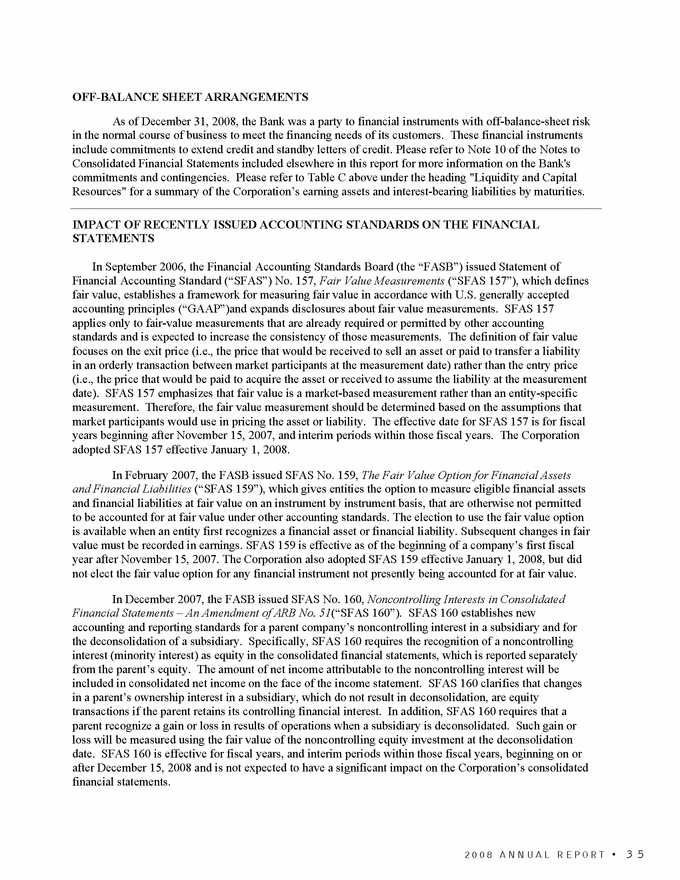Companies lobby to keep lease financing ‘offbalance sheet’
Post on: 16 Март, 2015 No Comment

Regulators poised to increase UK companies’ liabilities by £16bn, claims leasing body
It is odd to expect an analyst to guess the liabilities associated with leases
Hans Hoogervorst, chairman, International Accounting Standards Board
Powerful lobby groups and regulators are at loggerheads over how companies account for leasing liabilities amounting to billions of pounds.
A planned shake-up would force businesses to bring certain leasing liabilities onto their balance sheets for the first time.
Leasing bodies claim that the changes proposed by regulators could damage the global economy, wreck corporate profits and make it even more difficult for companies to raise finance when they are already suffering a credit squeeze.
The UK’s Finance and Leasing Association – whose members include banks, retailers’ finance arms and manufacturers – said that companies in this country alone may have to record additional liabilities in excess of £16 billion.
But the International Accounting Standards Board (IASB), which regulates what companies record in their accounts, says that it is committed to forcing what it sees as true borrowing levels to be identified properly.
Its chairman, Hans Hoogervorst, said in a speech to the London School of Economics in November: “Companies tend to love off-balance sheet financing because it masks the true extent of their leverage, and many of those that make extensive use of leasing for this purpose are not happy.”
“We shall need all the help that we can get to ensure that we are not lobbied off course.”
New rules are being drawn up by the IASB and America’s Financial Accounting Standards Board (FASB). The main change proposed is to make companies include operating-lease liabilities on their balance sheets.
These are different from finance leases, which are already shown on balance sheets under current regulations.
A finance lease provides a method of raising finance to pay for assets, as distinct from a rental. The latter is an operating lease.
One financial expert explained: “If most of the risks and rewards of ownership are transferred to the lessee, it is a finance lease.
“The transfer of risk to the lessee may be shown by lease terms, such as an option for the lessee to buy the asset at a low price at the end of the lease.”
Companies lease anything from manufacturing plant, office equipment, IT, commercial vehicles to aircraft. Property, such as shops and offices, accounts for around 90 per cent of leased items.
Hoogervorst said: “Call it [an operating] lease, and, miraculously, it does not show up in your books. In my book, if it looks like a duck, swims like a duck, and quacks like a duck, then it probably is a duck. So is the case with debt – leasing or otherwise.”
“It seems odd to expect an analyst to guess the liabilities associated with leases when management already has this information at its fingertips.”
The IASB and the FASB have embarked on a lengthy consultative process, and rule changes are not expected before 2016.
The strongest opposition has come from the United States, where the US Chambers of Commerce said that changes would cost 190,000 US jobs, and 60 members of Congress warned in May of “disastrous consequences”.
Brian O’Donovan, a partner in the International Standard Group of KPMG, the accountancy firm, said that the proposals were “very significant changes for a large number of companies”. In some circumstances, he said, “there would be an immediate hit to profits.”

He said that many of the firm’s clients were worried about the proposals, and one consequence would be that some companies would have to renegotiate loan arrangements with banks.
A new regime governing the accounting of leases is aimed at companies listed on stock markets, but there are fears that small and medium-sized enterprises (SMEs) will also be hit.
A spokesman for Leaseurope, which represents leasing companies throughout Europe, said: “It is likely to be only a matter of time before the concepts developed by the IASB are applied in national accounting standards for SMEs.”
By forcing companies to include additional liabilities on their balance sheets, some businesses could find themselves in breach of loan covenants, he claimed.
“Smaller companies are the most vulnerable. They have limited sources of external funding in the first place. They therefore rely heavily on leasing to support their investment and, without the benefit of the collateral that leasing naturally incorporates, their borrowing will become more costly and/or more difficult to obtain.”
Update 17 May 2013. The IASB and FASB have published their revised “Exposure Draft” to outline proposed changes to the accounting for leases.
In a joint statement, the accounting regulators said: “The proposal aims to improve the quality and comparability of financial reporting by providing greater transparency about leverage, the assets an organization uses in its operations and the risks to which it is exposed from entering into leasing transactions.”
Hans Hoogervorst, IASB chairman, said: “The development of an improved standard for leasing is vital. At present, investors must take an educated guess to determine the hidden leverage from leasing by using basic disclosures in financial statements and applying arbitrary multiples.
“It is clearly not in the best interests of investors to expect analysts and others to guess the liabilities associated with leases. The proposal outlined in this revised Exposure Draft will go a great distance towards improving the quality and comparability of financial reporting in this area.”
Leslie Seidman, FASB chairman said: “The FASB and the IASB have worked together to develop a revised, converged proposal to address the inadequacies of current lease accounting and disclosures. The proposal is responsive to the widespread view of investors that leases are liabilities that belong on the balance sheet. The boards revised the original proposal to distinguish between different types of leases for income statement and cashflow purposes, in response to feedback received from stakeholders.”
The two regulators are seeking further views on their revised proposals from relevant “stakeholders” by September 13.














